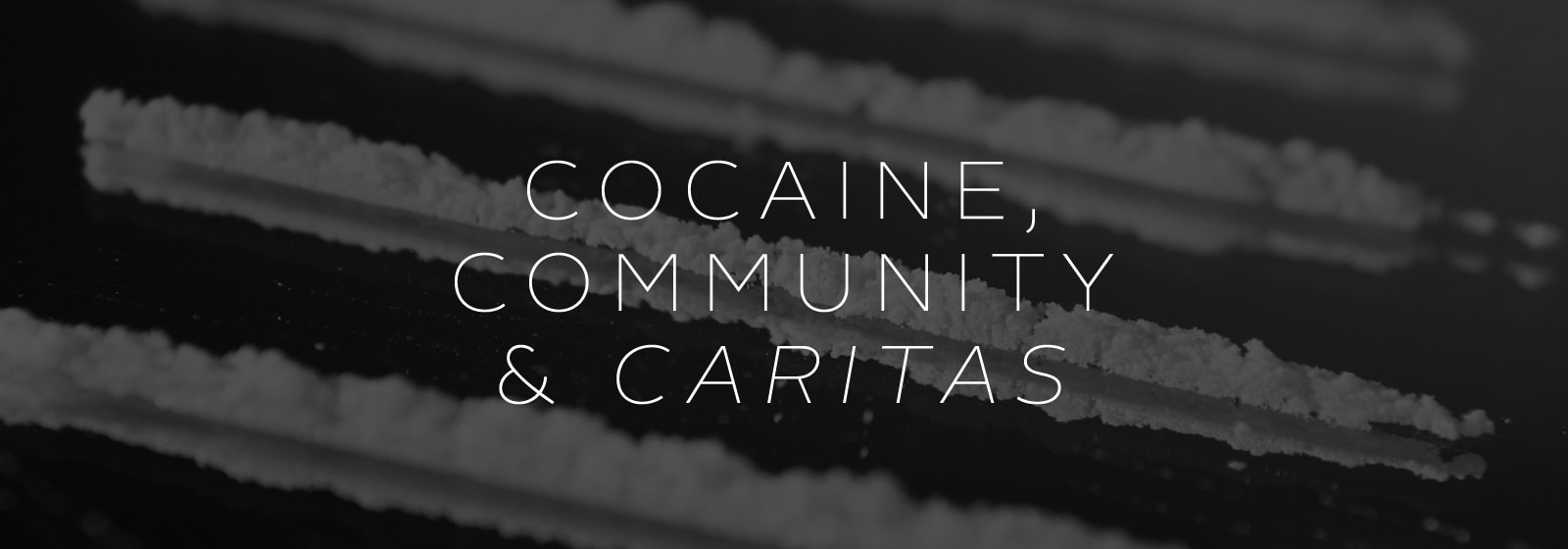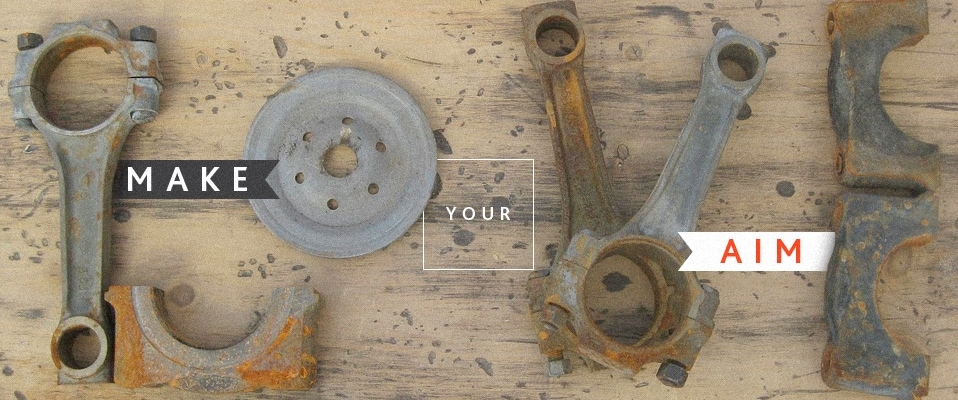Joao Figueira was wrong. He was well-intended, but mistaken. In 2000, he was Portugal’s top drug cop. His job was to help remedy a blight: nearly 1% of Portugal was addicted to heroine. That’s staggering. Like most people at that time, Joao assumed that the most sensible, feasible solution was to prohibit and enforce drug consumption. Criminalize the substances and criminalize users. Crack down. Purge the nation. Many people thought this way. For decades. But new insights suggest that there’s another course that proves more effective. Joao himself now admits as much.
Some time back, a professor in Vancouver, Bruce Alexander, began to study the nature of addiction. Like other research psychologists, he used rats as guinea pigs. He wanted to see how and why they became addicted to cocaine. Alexander’s research built on prior experimentation. Before him, other scientists had put rats into cages with two water bottles, one laced to cocaine. Nearly every time, the rat would opt of the drug-laced water. It would become obsessed and addicted. Death often resulted, unwittingly. This experiment provided the base data for a lot of anti-drug campaigns in the 1980’s. These campaigns focused on the addictive properties of drugs. Drugs, they said, have chemical hooks that lock you into addiction. There is truth in this. But there is also far more to be said.
Prof. Alexander decided to redo the experiment, this time controlling for the rats’ isolation. He build Rat Park. This was a lush cage where rats would have other amusements, riveting tunnels, and plenty of friends. Rat Park was a regular rodent paradise! When the two water bottles were inserted into Rat Park, something interesting happened. At first, the rats tried both sources of water—drug-laced and drug free. But then they began to avoid the drugged water. As compared to rats in isolation, they consumed less than a quarter of the drugs that were taken. None of them died. The rats in community, with a social environment, were not inclined to heavy drug use. The rats in isolation were. Moreover, rats ensnared by addiction made a remarkable recovery when situated in Rat Park. Placed in this sociable community, their urge for the drug subsided.
This insight provided some substantial payout. It leads us back to Joao, and why he was wrong. As a drug enforcement officer, Joao believed that the law was the best tool to redress rampant drug addiction. In fact, something else proved far superior. Against his ardent campaigning, the Portuguese government opted to repurpose their drug-fighting funds. They decided to cut spending on enforcement and incarceration. They determined to invest instead in helping addicts reconnect to other humans and to wider society. They provided subsidized housing and opportunities to work.
Recent data suggests that this strategy—which takes its cue from Prof. Alexander’s research—has proved quite effective. Intravenous drug use in Portugal fell by 50%. Joao freely admits his error. And he celebrates Portugal’s approach as an example for emulation. This is not to say that issues of drug use can be resolved solely by appeal to Alexander’s findings. To be sure, the issues are more complex and multifaceted. But, Alexander’s insight does offer a vital supplement to much existing drug policy.
What a wonderful story! What a momentous and even novel insight! Or is it?
Those who are familiar with the New Testament will recognize a basic continuity between its view of human well-being and the gains of Prof Alexander’s research. What Alexander discovered—and what saved Portugal!—is something that is taken for granted in Scripture.
Chronicling this remarkable development, journalist Johann Hari encapsulates the lesson as follows: “The opposite of addiction isn’t sobriety. It’s human connection.” In other words, for people to function in a holistically healthy way — for humans to be spared from self-ruin! — community is vital. Interpersonal bonding and connection is a crucial ingredient of human flourishing.
The Bible knows this. The New Testament drives it home. The message from God is loud and clear: humans are made for relationship. We are made for connection with one another. We need caritas to exist. Caritas is the Latin word for the classical Christian virtue of love. In the Greek language of the New Testament, caritas is known as agape. Not just any type of love, but love that bears burdens, forgives, forges profound bonds, and provides a sense of security and stability. If this is taken away—if this is disrupted or shattered—bad things happen. Things like depression. Chronic apathy. And drug addiction.
“The opposite of addiction isn’t sobriety. It’s human connection.” In other words, for people to function in a holistically healthy way — for humans to be spared from self-ruin! — community is vital.
Sadly, interruptions to genuine human connection and community are rampant. All too often—in ways public and personal—strife and enmity and relation dislocation prevail. And so we live in cultures that face the harrowing realities of wasted potential. We grieve friends and family members who have fallen into substance abuse as a means of medicating the deep inner pain of relational disenfranchisement. We mourn these things in our own lives.
This is, in part, our reality. It’s more pervasive than we sometimes care to admit. But it’s a reality that God deeply desires to overcome. He knows that we need not only himself, but also each other, if we are to avoid the mire of addiction. Not just drug addiction, but all sorts of addictions. Even addictions that we can manage or that are not deemed social unacceptable. Addictions like control, sugar, work, and even exercise.
The good news is this. God has acted to create the possibility for the type of deep connection that we desperately need. He knows our needs. According to the Bible, he’s more familiar with them than we sometimes are!
Consider St Paul’s words in 2 Corinthians 5:
Therefore, if anyone is in Christ, he is a new creation. The old has passed away; behold, the new has come. All this is from God, who through Christ reconciled us to himself and gave us the ministry of reconciliation; that is, in Christ God was reconciling the world to himself, not counting their trespasses against them, and entrusting to us the message of reconciliation. Therefore, we are ambassadors for Christ, God making his appeal through us. We implore you on behalf of Christ, be reconciled to God.
In this marvelous passage, Paul is telling us that in Christ, God has acted to achieve profound reconciliation. This reconciliation not only unites us to him, it also creates the possibility of forming communities where humans can experience the type of deep bonding and connection that we need. It helps us to make room for one another in our hearts.
God’s reconciliation grace deals with the things that all too often and all too easily break-up human connection. And the things that fracture authentic community.
The New Testament takes this for granted. That’s why it’s always singing about the glory of the church. It sees the church not as a group of pious folk. Or as a cohort that gathers to sing hymns and hear a sermon on Sundays. Much more than this, it sees the church as a tightly-bonded group of people. People that love each other in a manner that mirrors God’s profound love for us. This is a love that is patient. And kind. A love that is quick to forgive. A love that tells the truth, but with graciousness. A love that sticks with people—even if with firmness and boundaries!—even when they seem to be ruining themselves or causing offence and hurt to others. This is a love that is shaped by grace, which the Bible calls caritas.
And caritas is a thing that keeps humans connected. In a way that surpasses what most of us know from experience. In a way that touches upon the most basic desires and needs of our hearts.
Caritas, you might say, is the opposite of addiction. It paves the way to reconciliation, and reconciliation to community. Yes, the Bible knows and affirms the insight inherent in Dr. Alexander’s discovery. It tells us that God’s caritas makes possible the type of connection and care that keeps us from self-destruction.




